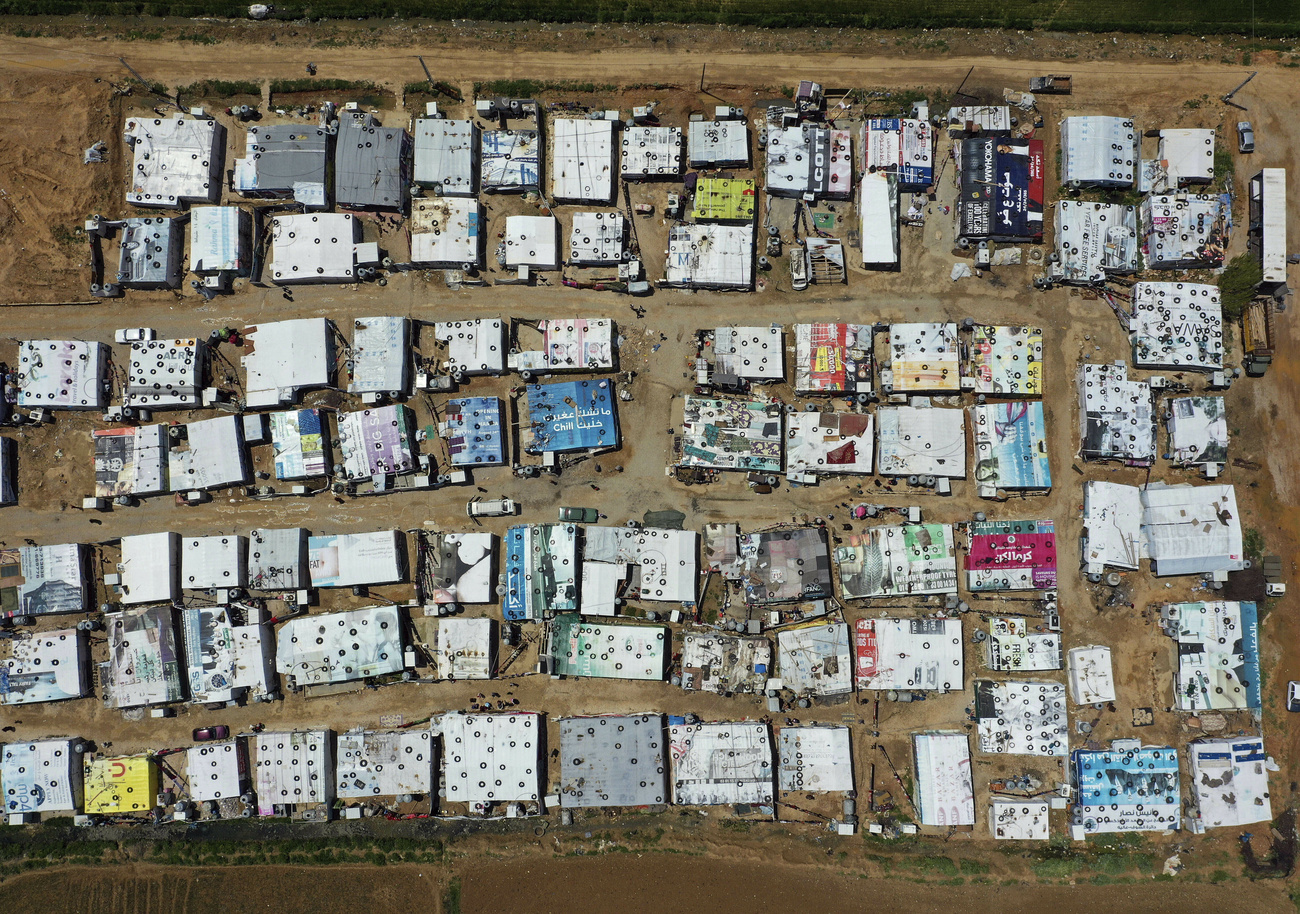
New radiotherapy technique could revolutionise cancer therapy

The Paul Scherrer Institute (PSI) has tested a new ultrafast, high-dose radiation technique using protons that scientists say could revolutionise cancer therapy and save patients many weeks of treatment.
Researchers at PSI’s Centre for Proton Therapy (CPT) in Villigen, northern Switzerland, are investigating whether a short, one-off, high-dose irradiation technique, known as FLASH, is also suitable for proton irradiation. It relies on a precise 3D radiation treatment developed at the institute called spot-scanningExternal link.
In a world first, PSI researchers, in collaboration with Lausanne University Hospital (CHUV), have tested the technique on a patient to treat a malignant skin tumour, the institute said in a statementExternal link on Monday.
With FLASH, a radiation dose rate of up to 1,000 gray per second is applied – around 100 times higher than in usual treatments. The test was approved by the Swiss Academy of Medical Sciences (SAMS).
During the trial the CHUV researchers used electron beams for the patient test, which are only suitable for very superficial tumours. In contrast, the protons used at PSI also reach tumours deep inside the body and can be stopped precisely at the site in the body where they should have their maximum effect on the cancer cells.
“If we can achieve the high precision and the good outcome of proton therapy with FLASH irradiation without damaging healthy tissue, this would be a huge step forward,” said CPT head and chief physician Damien Weber.
“If the principle works, the patients would only have to come for radiation treatment a few times, ideally only one to five times. The treatment appointments that open up as a result would be available to other cancer patients.”
More tests
Because of the extremely short irradiation, it is even possible to use the FLASH technique to treat tissue in the lungs, PSI said.
However, many years of technical development and tests are still needed before the process can be used regularly on patients, the institute added.
“But first and foremost, we need evidence that proton irradiation with the FLASH technique does not damage healthy body tissue,” said Weber.

In compliance with the JTI standards
More: SWI swissinfo.ch certified by the Journalism Trust Initiative































You can find an overview of ongoing debates with our journalists here . Please join us!
If you want to start a conversation about a topic raised in this article or want to report factual errors, email us at english@swissinfo.ch.